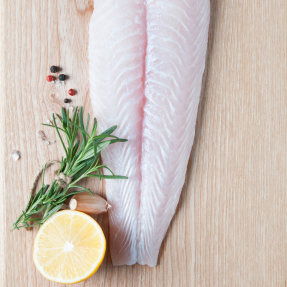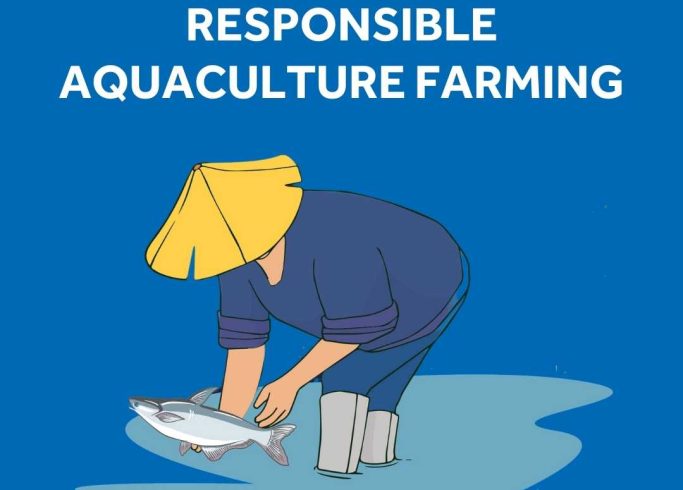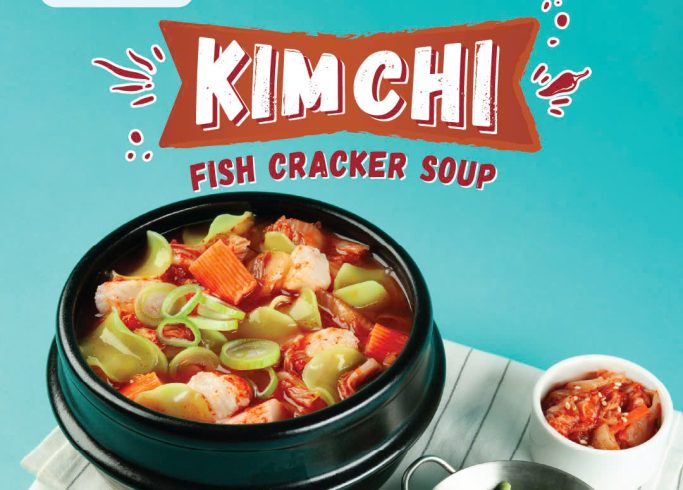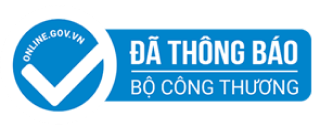[Company News] Vietnamese pangasius to clear biggest hurdle to trade in the US
17 September 2018
The United States Department of Agriculture (USDA), Food Safety and Inspection Service (FSIS) announced September 14, in its Constituents Update, that it has completed the onsite verification audits in Vietnam, China and Thailand and expected to make public separate proposals to grant eligibility to the fish from all three nations.
The proposed rule is scheduled to be published on Federal Register on September 19 and remains open for public comment until October 19, 2018. After that, FSIS will stipulate the final equivalence status of these 3 countries.
Background
On December 2, 2015, FSIS published the final rule, “Mandatory Inspection of Fish of the Order Siluriformes and Products Derived from Such Fish.” The Final Rule established an 18-month transitional period, from March 1, 2016 to August 31, 2017. FSIS began fully enforcing all regulatory requirements on September 1, 2017.
From March 1, 2016 to December 31, 2017, FSIS import inspectors performed 100 percent reinspection for labeling and certification on Siluriformes fish and fish products exported by Vietnam to the United States.
FSIS also performed re-inspection for additional types of inspection, including testing for chemical residues.
From May 14-25, 2018, FSIS conducted an onsite audit of Vietnam’s food safety inspection system governing fish and fish products of the order of Siluriformes. The audit objective was to verify whether the system is functioning in a manner equivalent to that of the United States, with the ability to export products that are safe, wholesome, unadulterated, and correctly labeled and packaged.
The FSIS final audit report for Vietnam’s food safety inspection system will be available at: http://www.fsis.usda.gov/wps/portal/fsis/topics/international-affairs/importing-products/eligiblecountries-products-foreign-establishments/foreign-audit-reports.
Expected Impacts of the Proposed Rule on Pangasius Imports from Vietnam
The US import of pangasius from Vietnam, China and Thailand has not stopped since USDA took over the authority to maintain the safety of the fish from the US Food and Drug Administration in September 2017, as FSIS has allowed shipments to continue while it investigated.
In March, FSIS terminated the ability of 11 other countries, including India, Bangladesh, Guyana, Nigeria, Pakistan, Myanmar, El Salvador, the Dominican Republic, Canada, Mexico and the Gambia, to send their pangasius to the US after these countries fail to file their self-reporting tools.
Passing onsite inspections was by far the most significant step in the initial equivalence process [1] for all three countries, but Vietnam has mattered the most as it accounted for 90.5% of the US’s Siluriformes fish imports from 2013-2017.
|
Table 1. Summary of Siluriformes Fish Sales
|
||||||
|
|
2013
|
2014
|
2015
|
2016
|
2017
|
5 Year Average
|
|
|
Millions of Dollars
|
|||||
|
Total U.S. Imports [a]
|
$363.42
|
$346.66
|
$351.13
|
$405.61
|
$381.89
|
$369.74
|
|
Total U.S. Domestic Production [b]
|
$356.73
|
$351.94
|
$363.61
|
$385.99
|
$379.71
|
$367.60
|
|
Total U.S. Exports [a]
|
$4.69
|
$3.99
|
$4.95
|
$4.80
|
$6.18
|
$4.92
|
|
Total U.S. Consumption [c]
|
$715.46
|
$694.60
|
$709.79
|
$786.80
|
$755.43
|
$732.41
|
|
Total U.S. Imports from [a] Vietnam
|
$335.03
|
$309.53
|
$318.40
|
$367.65
|
$342.96
|
$334.71
|
|
|
||||||
|
Vietnam as % of U.S. Imports
|
92.2%
|
89.3%
|
90.7%
|
90.6%
|
89.8%
|
90.5%
|
|
Vietnam as % of U.S. Domestic Production
|
93. 9%
|
87.9%
|
87.6%
|
95.3%
|
90.3%
|
91.1%
|
|
Vietnam as % of U.S. Consumption
|
46.8%
|
44.6%
|
44.9%
|
46.7%
|
45.4%
|
45.7%
|
Data Source: U.S. Census Bureau Trade Data
[a] Import and Export Data Accessed from USDA Foreign Agricultural Service: Global Agricultural Trade System: https://apps.fas.usda.gov/gats/default.aspx
[b] U.S. Production Data Accessed from USDA National Agricultural Statistics Service: Quick Stats: https://quickstats.nass.usda.gov/
[c] U.S. Consumption data is assumed to equal Imports + Domestic Production – Exports
[b] U.S. Production Data Accessed from USDA National Agricultural Statistics Service: Quick Stats: https://quickstats.nass.usda.gov/
[c] U.S. Consumption data is assumed to equal Imports + Domestic Production – Exports
If this rule is finalized, establishments in Vietnam would be listed as eligible to export raw Siluriformes fish to the United States [2]. Adoption of this rule is not expected to have quantified impacts because the proposed rule maintains the existing trade in pangasius between the United States and Vietnam.
—————————————————————————————————————————–
[1] The initial equivalence process comprises of 6 steps:
1. Country submits a formal written request to FSIS, identifying the species and products they intend to
2. Country submits a Self-Reporting Tool (SRT) and supporting documentation.
3A. FSIS sends a request to the country to provide additional information in order to consider the SRT complete.
3B. FSIS receives additional information, determines the SRT is complete, and conducts a technical review of provided information.
4. On-site verification audit.
5. Public notification in the Federal Register for commenting-Proposed Rule.
6. Determination of Equivalence-Final Rule
[2] List of Vietnam establishments eligible to export raw Siluriformes fish to the United States
|
No.
|
Code
|
Establishment Name
|
|
1
|
DL 15
|
Bien Dong Seafood Co., Ltd
|
|
2
|
DL 61
|
Workshop 2 – Vinh Hoan Corporation (VINH HOAN CORP)
|
|
3
|
DL 147
|
Workshop 1 – VINH HOAN CORP
|
|
4
|
DL 369
|
Mekong Delta Food Factory – CASEAMEX
|
|
5
|
DL 386
|
Hung Vuong Corporation (HV Corp.) – Workshop II
|
|
6
|
DL 461
|
NTSF Seafoods Joint Stock Company (NTSF SEAFOODS)
|
|
7
|
DL 476
|
GODACO Seafood
|
|
8
|
DL 479
|
International Development & Investment Corporation (IDI Corporation)
|
|
9
|
DL 500
|
Workshop 3 – VINH HOAN CORP
|
|
10
|
DL 511
|
Van Duc Tien Giang Food Export Company
|
|
11
|
DL 518
|
Europe Joint Stock Company (EJS CO.)
|
|
12
|
DL 810
|
Bien Dong Hau Giang Seafood Joint Stock Co., (Bien Dong Seafood Co., Ltd.)
|
|
13
|
DL 847
|
Thanh Binh Dong Thap One Member Company Limited (Thanh Binh Dong Thap Ltd)
|
Reported by: Vinh Hoan Corp.














